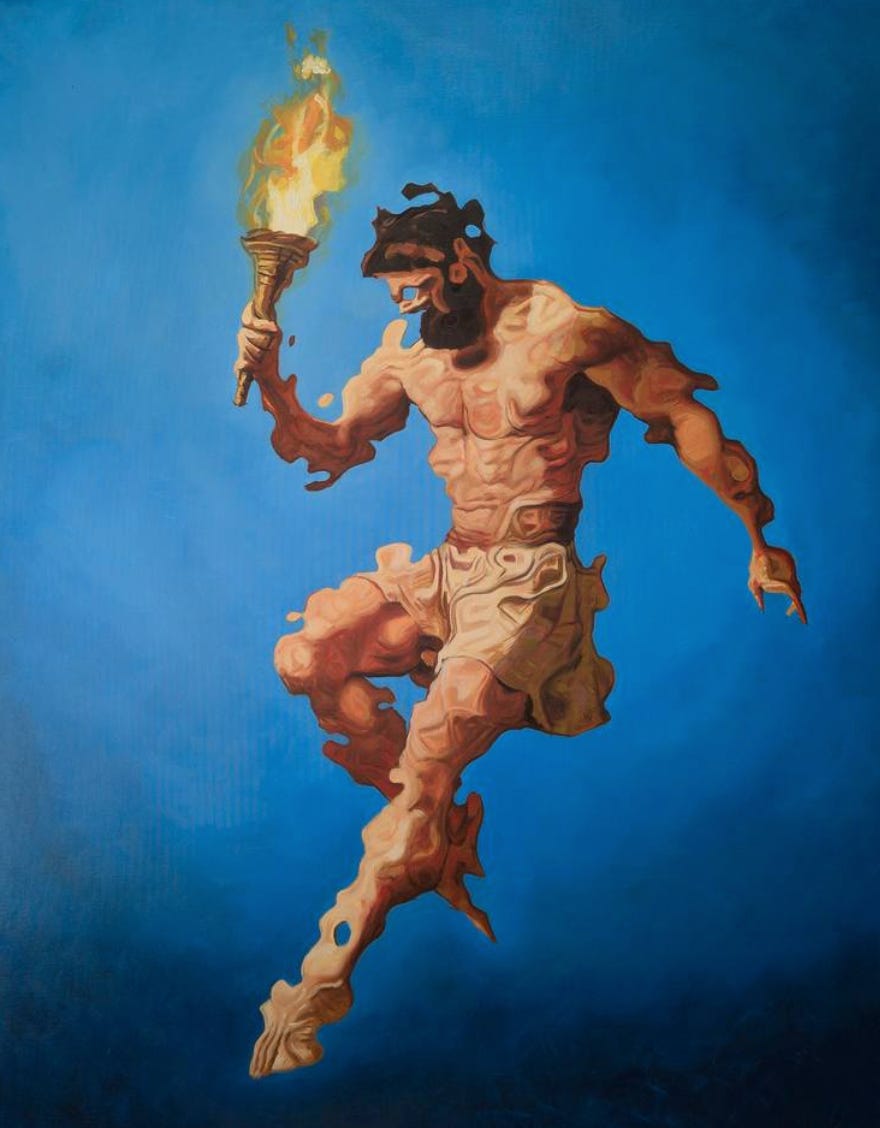The algorithmification of culture
Staying on Top (a free supplement to the Strategy Toolkit)
We are in the midst of an incredible period of change, and it takes writers like the New Yorker’s Joshua Rothman* to think deeply about these changes, and what they mean for us. For our culture.
This article is highly recommended reading for all strategists.
Not only does Rothman share his reflections of algorithmic life,
“Exploring computer-generated culture might lead us to value even more the culture that only we can generate.”
he brings in others such as Jared Lanier, inventor of virtual reality, who speculates:
“It’s possible that the very notion of ‘content’ will go away, and that content will be replaced with live synthesis that’s designed to have an effect on the recipient.”
and filmmaker David Kwan, whose “Everything Everywhere All At Once” is (as Rothman puts it) a critique of an algorithmic society in which we’re bombarded by images of people who are just like us, only better.
Kwan asks Rothman, “What’s the most important thing humanity has engineered? Arguably, it wasn’t the internet, or agriculture. It was the creation of the systemic and institutional trust that was required for us to build societies. And a lot of that engineering was actually collective stories—God, government—that helped us see ourselves as one family, one community. With our current technology, it’s like we’re playing Jenga.” He mimed a tower of blocks at the table. “We’ve been pulling blocks from down here, from the foundation of collective understanding and belief in a shared world, and using them to build farther up on the tower. And, if we keep doing that, the whole thing will collapse, and we’ll go back to only being able to trust the hundred and fifty people in our tribes.”
Rothman rounds out his reflections with, appropriately, references to cultural changes over time:
“The story of A.I. is not only practical; it’s also moral and spiritual. It’s the story of John Henry and the steam drill, or even of Prometheus and Zeus, who levied a gruesome punishment for stealing fire, and it is already forcing us to think about what we value, about what really makes us care. I ambled toward Sixth Avenue, passing a stationery store on the south side of the street. The people inside browsed through notebooks, recapturing an analog age. In our different ways, we’re all deciding how we want the story to turn out.”


